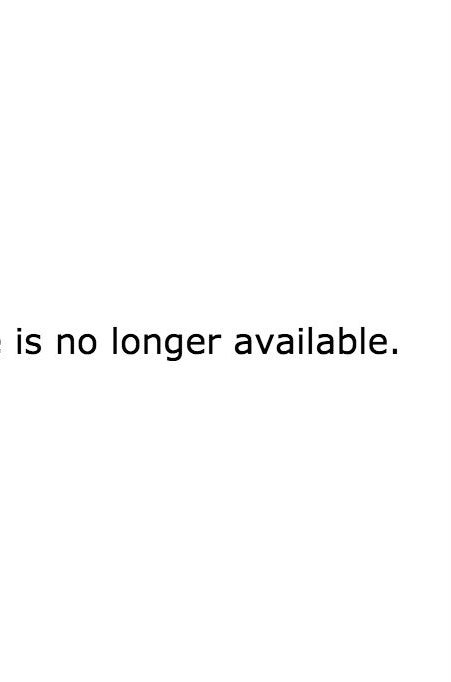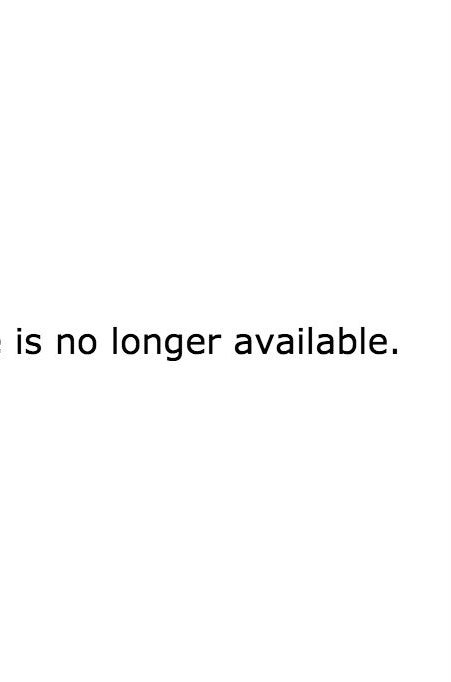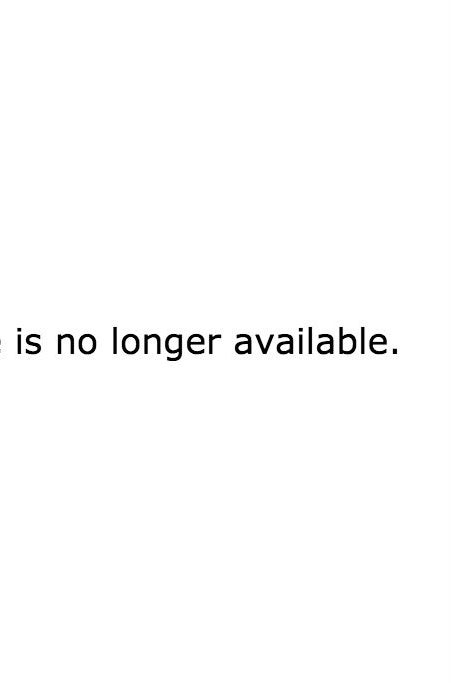
Just how did Sherlock Holmes (Benedict Cumberbatch) fake his own death?
When Sherlock picks up — two years after the action of the 2012 Season 2 finale, "The Reichenbach Fall" — the facts surrounding how the master sleuth pulled off the seemingly impossible are kept firmly under wraps for much of the ingenious 90-minute season opener, "The Empty Hearse" (which airs Jan. 1 on BBC One in the U.K. and on Jan. 19 on PBS's Masterpiece).
This is not to say that viewers are denied a revelatory sequence in which the truth about just how Sherlock faked his own death is laid out. The taut sequence that reveals how he achieved such a feat is both simple, yet cunningly complex (not to mention quite spectacular), though I won't spoil the outcome for anything on this Earth. However, the episode's writer Mark Gatiss (who once again pulls double duty as Sherlock's glacially cold brother Mycroft) rather smartly withholds the reveal until "The Empty Hearse" is almost concluded, creating an ongoing mystery that continues to swirl around the minds of both the viewers and several characters within Sherlock itself.



Courtesy of Robert Viglasky/Hartswood Films 2013 for MASTERPIECE
So where has Sherlock been this whole time and why did he need to keep his status among the living a secret? Well, savvy viewers will remember that Moriarty's gang posed a threat against those whom Sherlock held most dear… so whatever Sherlock has been doing these past two years would seem to be an effort to keep them safe and dismantle Moriarty's network, meaning Anderson's conjectures (in the Season 3 prequel "Many Happy Returns") about Sherlock's movements abroad were correct. While I won't say just how Sherlock ends up back in London, there is a sense of palpable urgency and unexpected physicality to the early scenes that depict him as a man of thought and a man of action.
His partner and confidante Dr. John Watson (Martin Freeman) — now a mustachioed GP who frets about proposing to his girlfriend, Mary Morstan (Amanda Abbington, Freeman's real-life partner) — appears much changed from when we last saw him. John has settled into a life of gray-colored monotony, from which Mary is his only real respite.
And when Sherlock does return to reunite with him, it's played for both comedy and pathos, a sequence that one-ups itself as John struggles to come to terms with the fact that Sherlock is not only alive, but has chosen to keep this truth from him specifically. (Not helping matters: Apparently many, many people indeed knew that Sherlock wasn't dead.) Freeman excels here, exhibiting a slew of conflicting emotions at war behind his placid face; that their reunion occurs just as John awkwardly attempts to ask Mary to marry him escalates things considerably. It's particularly wise that Gatiss and Sherlock executive producer Steven Moffat don't have John faint upon coming face-to-face with Sherlock, as Watson did in Sir Arthur Conan Doyle's "The Adventure in the Empty House," on which the episode is very loosely based. Instead, John's reactions within the episode ricochet wildly — from frenzied anger to curious amusement to profanity-laden exasperation — which is far more modern and in keeping with the characters, as is how Sherlock chooses to reveal himself to John, Molly, Lestrade (Rupert Graves), and Mrs. Hudson (Una Stubbs).

Abbington, meanwhile, is appropriately spirited as Mary, and Sherlock quickly deduces some essential truths about her character ("secret tattoo" being my favorite), while Mary sees Sherlock as not a threat to the happiness that she and John are embarking on (many shows would have mined that dynamic too far), but rather as something quirkily endearing about her almost-fiancé. That Mary and Sherlock are thrown together at one point in "The Empty Hearse" further solidifies an intriguing dynamic between the troika moving forward.
Director Jeremy Lovering, new to the series, brings a dynamic visual style to "The Empty Hearse," one that builds upon and furthers the house style established earlier by Paul McGuigan. There are some beautiful visual flourishes in the episode, which take the viewer deeper into Sherlock's thought processes, depicting his deductive leaps as a series of maps, GPS tracking, clues, and words. A sequence on a motorcycle is particularly well shot and engaging. And Gatiss' script is smart and sly, with several subtle plants paying off magnificently by the end of the installment.
Cumberbatch, naturally, brings a deft precision once more to his portrayal of Sherlock Holmes. Part of the joy of the episode is watching him slide so comfortably back into Sherlock's trademark coat. It's a visual motif, yes, but it's also mere window dressing on a performance that is so embedded within the tics of the character that it becomes difficult at times to remember that Cumberbatch and Holmes are not one and the same. Here, Cumberbatch makes Sherlock roguish and erudite, isolated and yet engaged. The need for connection spurs Sherlock to reunite with John and their friendship, though altered by the events of the last two years, remains a lynchpin for the series, even as the writers seek to distance themselves from the subtext of which many viewers are incredibly enamored.
Given the huge expectations of an audience that has waited two years to learn what happened to Sherlock, there is a lot riding on "The Empty Hearse," and the installment doesn't fail to create an engaging and exciting atmosphere of rediscovery. "The Empty Hearse," with its heady revelations and the promise of future mayhem via a new nemesis for Sherlock and John, manages to create an aura of mystery and potential that is quite intoxicating. The game is most definitely back on again.
Season 3 of Sherlock begins Jan. 1 on BBC One in the U.K. and on Jan. 19 on PBS's Masterpiece.
Update: After conversations with BBC, we've decided to remove a paragraph from this post so as to not reveal certain elements of the plot.

